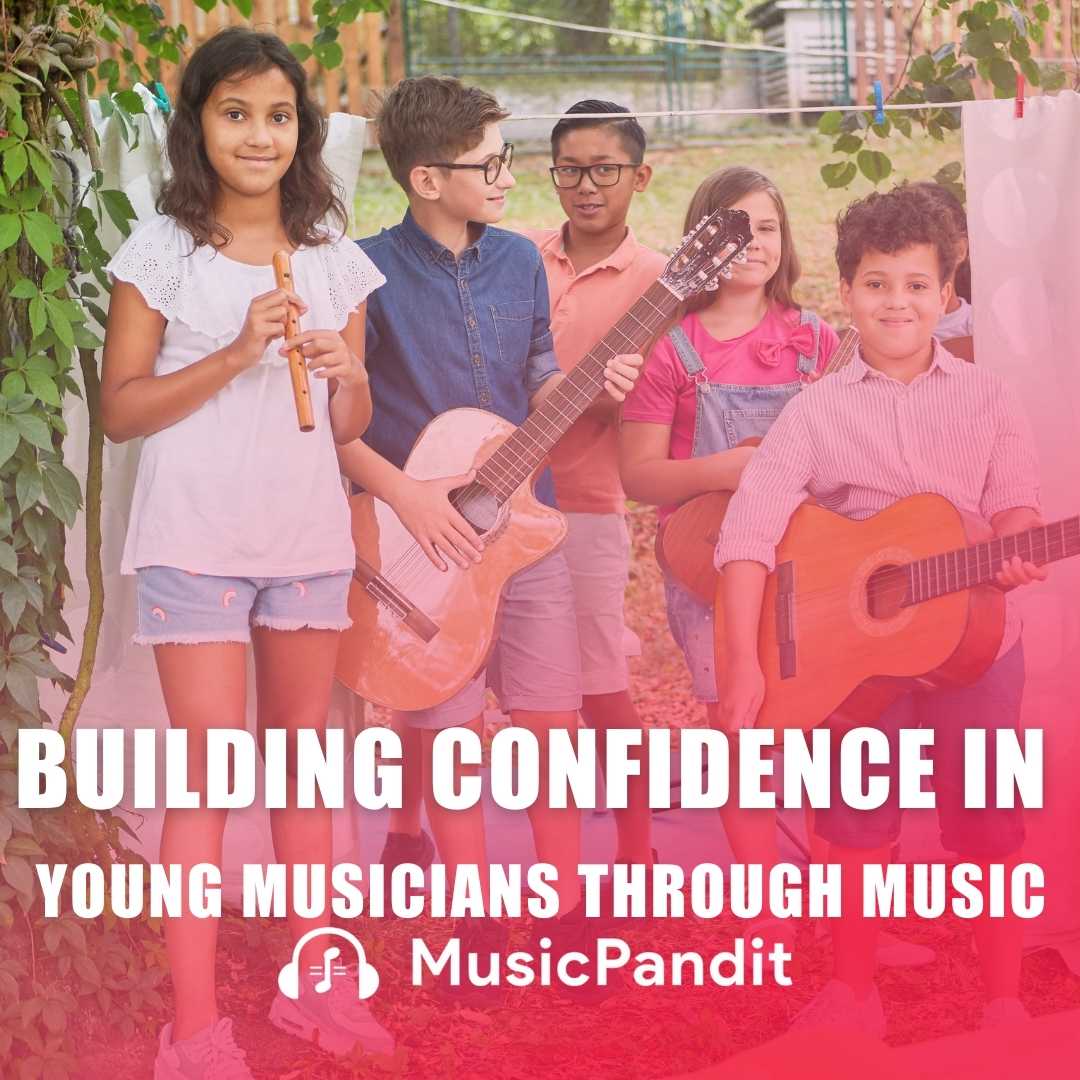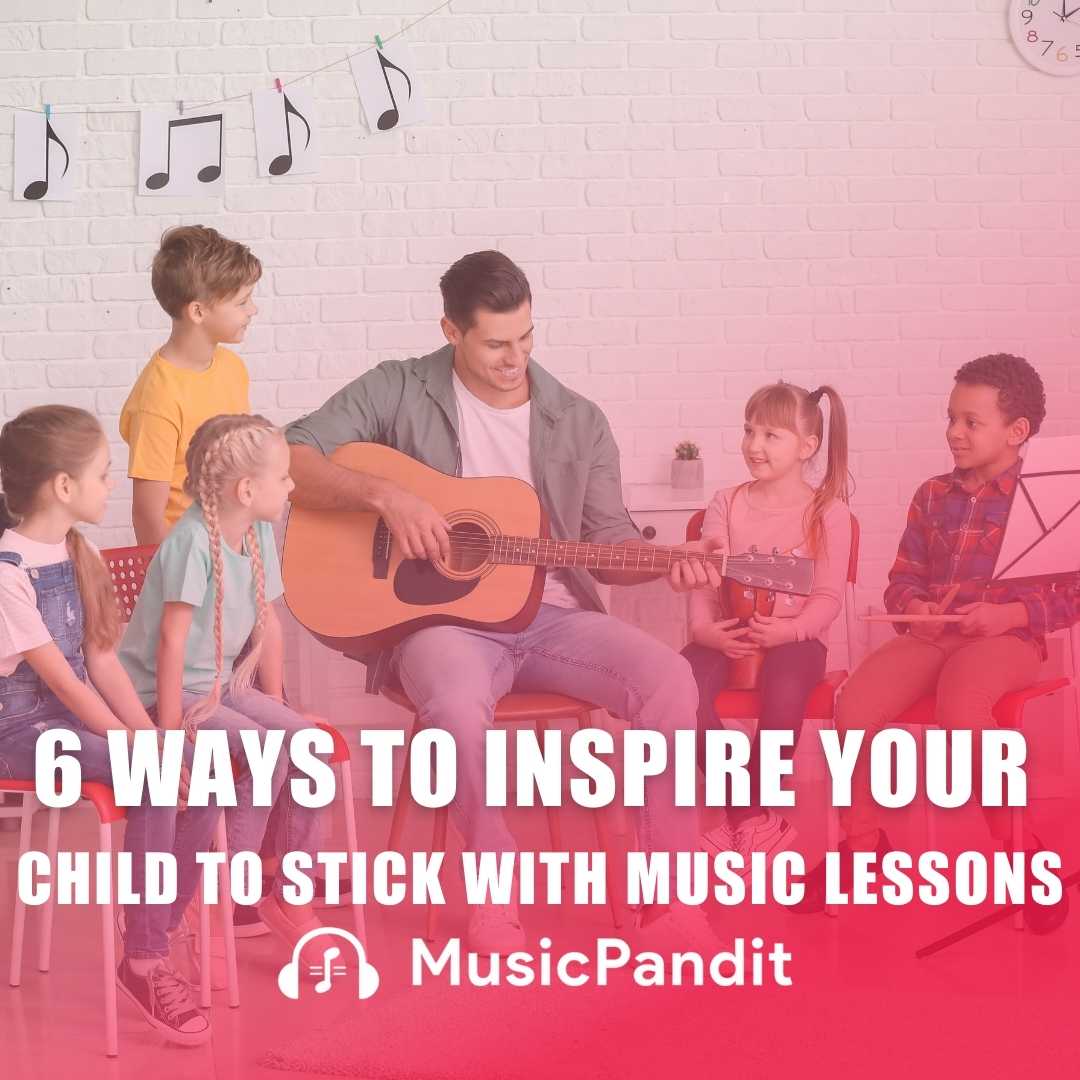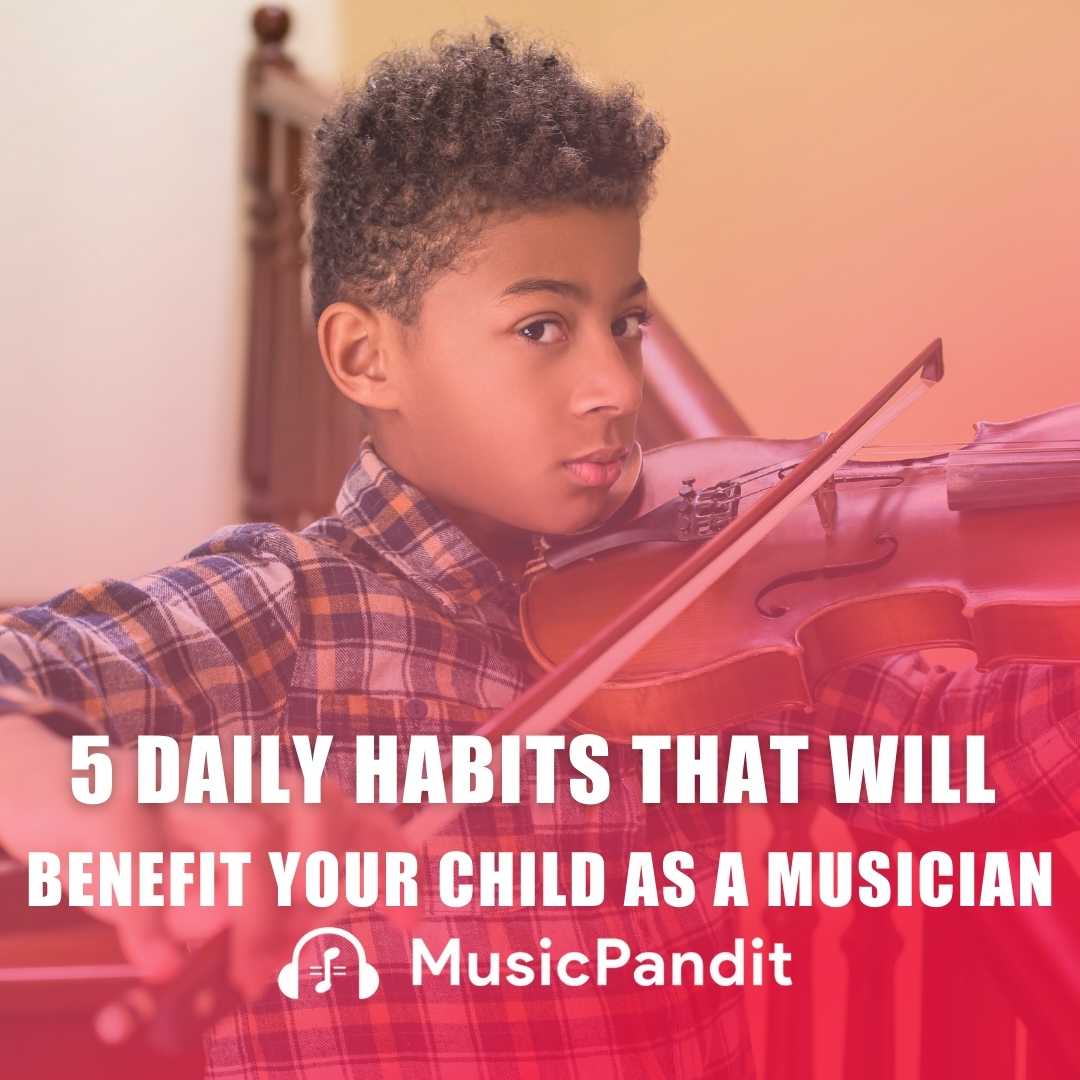The exploration of music from a young age is similar to laying the inspiration stones of an imposing edifice. Its effect ripples throughout cognitive, emotional, and social domains, shaping the child’s holistic improvement. Having said that, we often come across parents who are often wondering how early should their children begin learning to play an instrument.
Well, research underscores that publicity to music in early adolescence enhances neural connections, in particular in areas related to language processing, spatial-temporal reasoning, and executive function. This neurological enrichment not only augments academic performance but also fosters creativity, emotional intelligence, and resilience.
Furthermore, music serves as a particular language, transcending cultural boundaries and fostering empathy and cultural learning. By immersing kids in diverse musical traditions and genres, early musical training cultivates an appreciation for cultural range and fosters a global perspective. Moreover, musical activities nurture vital lifestyles skills like discipline.
Developmental Benefits of Starting Early
The decision to begin music training all in a kid’s early life has a myriad of developmental benefits. Neuroscientific studies prove that musical education stimulates neural plasticity, enhancing mind connectivity and cognitive features. Children introduced to music show forward auditory processing, language improvement, spatial-temporal reasoning, and executive capabilities consisting of attentional control and operating memory.
Music ignites a passion for learning and exploration, fostering a growth mindset and a curiosity to keep learning lifelong. The discipline and determination required in learning a musical instrument domesticate perseverance, self-discipline, and goal-setting abilities—attributes that transcend the realm of music and are relevant in academics, career endeavours, and personal growth.
Furthermore, early engagement with music nurtures emotional intelligence, empathy, and social skills. Through ensemble playing, group performances, and collaborative musical activities, children examine the value of teamwork, verbal exchange, and cooperation. These social-emotional abilities are foundational for building significant relationships, resolving conflicts, and thriving in numerous social settings.
Factors to Consider: Readiness for Instrumental Learning
Assessing a child’s readiness for instrumental learning includes a nuanced knowledge of their cognitive, physical, emotional, and social development. Cognitive readiness encompasses components together with attention span, reminiscence, problem-solving skills, and abstract thinking skills. Children with a keen interest in music, a natural inclination in the direction of rhythm and melody, and a zeal to explore musical ideas regularly showcase readiness for instrumental learning.
Physical readiness pertains to best motor capabilities, hand-eye coordination, finger dexterity, and posture, which might be crucial for playing instruments successfully. Emotional readiness involves the child’s potential to control frustration, stay centred in the course of practice sessions, be able to accept constructive feedback, and persist through challenging situations. Social readiness encompasses the potential to collaborate with friends, observe commands from teachers, participate in group activities, and showcase musical talents expectantly.
Parents and educators play a pivotal function in looking at and assessing those readiness signs, taking part to make sure that the child’s introduction to instrumental learning aligns with their developmental stage and personal goals.
Early Childhood Music Programs and Initiatives
This benefit serves as a fertile space for nurturing musical talent, creativity, and a love for the arts. These programs adapt a play-based, experiential technique, integrating music into normal sports to make studying enjoyable and accessible. Through making a song, motion, rhythm games, listening activities, and hands-on exploration of instruments, children broaden a deep knowledge of musical concepts and abilities.
Moreover, early formative years music packages promote holistic improvement through addressing cognitive, physical, social, emotional, and creative domains. Cognitive development is stimulated via pattern recognition, auditory discrimination, and reminiscence-building activities embedded in musical reviews. Physical improvement is fostered through sports that decorate gross and fine motor abilities, coordination, balance, and posture.
Socially, children examine precious communique skills, cooperation, turn-taking, and empathy through musical collaboration and group performances. Emotionally, music serves as a medium for self-expression, emotional law, and stress relief, selling mental well-being and resilience. Creatively, kids are advocated to improvise, compose, and interpret music, fostering originality, creativeness, and artistic expression.
Choosing the Right Instrument for Young Children
Selecting an instrument that aligns with a child’s interests, abilities, and developmental stage is crucial for fostering a positive and fulfilling musical experience. The piano, violin, guitar, ukulele, flute, and percussion instruments such as drums, xylophone, or hand drums are popular choices for young learners due to their accessibility, versatility, and suitability for diverse musical genres.
When choosing an instrument, factors such as the child’s physical size, motor skills, hand span, and comfort level should be considered. Instruments with smaller sizes, lighter weight, and simpler techniques are often recommended for young beginners to facilitate ease of learning and build confidence. Additionally, considering the child’s musical preferences, whether they are drawn to melodic instruments, rhythmic instruments, or a combination thereof, can guide the instrument selection process.
Parents, along with music educators, can provide opportunities for children to explore and try out different instruments before making a decision. It’s essential to prioritise the child’s comfort, enthusiasm, and engagement with the chosen instrument, as a positive initial experience lays the groundwork for sustained interest and progress in musical learning.
Setting Realistic Expectations and Goals
Setting realistic expectations and dreams is essential to fostering a tremendous and sustainable mastering in music. Parents and educators must adapt a growth mind-set method, emphasising attempt, progress, and resilience over perfection and instantaneous mastery. Recognizing that musical talent is a gradual adventure that requires dedication, exercise, and persistence facilitates kids to expand a healthful mind-set toward studying and self-improvement.
Goals need to be SMART (Specific, Measurable, Achievable, Relevant, Time-certain), tailored to the kid’s skills, interests, and developmental degree. Short-term goals consciousness on mastering precise techniques, portions, or musical standards, offering tangible milestones for development evaluation. Long-time period dreams embody broader targets, such as collaborating in recitals, ensemble performances, competitions, or pursuing superior tiers of musical skillability.
Celebrating small victories, acknowledging effort, and presenting optimistic comments are important components of goal-placing and motivation in music schooling. Encouraging a growth mind-set, wherein errors are considered as learning possibilities and demanding situations are embraced as stepping stones to increase, fosters resilience, perseverance, and a lifelong love for music.
Supportive Environment: Encouraging Musical Exploration
Creating a supportive and enriching environment at home is instrumental in nurturing a baby’s musical ardour, interest, and creativity. Parents can domesticate a love for music through incorporating musical sports into day by day exercises, along with singing songs, taking note of numerous genres of track, gambling musical games, and attending stay performances or live shows.
Providing admission to loads of musical devices, books, recordings, and online sources allows kids to explore, experiment, and discover their musical options and talents. Encouraging energetic listening, crucial thinking, and reflection on tune fosters a deeper knowledge and appreciation of musical elements, patterns, and cultural contexts.
Furthermore, fostering an advantageous mindset closer to practice and studying, developing a chosen practice area with important sources, establishing a constant exercise routine, and presenting parental aid and encouragement all through practice classes beautify motivation, focus, and development in musical development. Celebrating musical achievements, showcasing performances, and engaging in collaborative track-making activities as a family give a boost to the fee and enjoyment of music in everyday existence.
Balancing Academics and Extracurricular Activities
Balancing instructional commitments with extracurricular hobbies, which includes song lessons, calls for thoughtful making plans, communique, and time control strategies. Parents ought to prioritise a holistic approach to schooling, spotting the significance of both instructional rigour and enrichment through arts and extracurricular activities.
Establishing a dependent every day time table that allocates dedicated time for educational research, music practice, leisure sports, family time, and rest promotes a balanced way of life and stops over-scheduling or burnout. Collaborating with instructors, school administrators, and track educators to coordinate schedules, align mastering dreams, and combine learning studies throughout domain names facilitates an unbroken and enriching instructional experience for kids.
Moreover, fostering a growth attitude closer to learning, where challenging situations are viewed as possibilities for growth and exploration, encourages children to pursue their hobbies and passions with enthusiasm and resilience. Emphasising the value of time control, prioritisation, and self-discipline instils important life skills that are transferable across instructional, extracurricular, and personal domain names.
Encouraging open conversation, searching for comments, and periodically reassessing priorities and commitments assist mother and father and children maintain a wholesome balance and concord of their instructional journey. Embracing a holistic attitude that values highbrow, artistic, social, emotional, and bodily development empowers youngsters to thrive academically, creatively, and personally.
Conclusion
In conclusion, the choice of whilst to initiate a child’s musical adventure is influenced by means of a constellation of things, which includes developmental readiness, interests, dreams, and own family dynamics. Early publicity to track offers a myriad of cognitive, emotional, social, and creative benefits, shaping nicely-rounded people with a deep appreciation for the humanities.
By fostering a supportive and enriching environment, selecting appropriate units, putting realistic dreams, and promoting a balanced lifestyle, mother and father can nurture their toddler’s musical competencies and passion whilst fostering holistic development and lifetime learning. Embracing the joy of tune, celebrating progress, and cultivating a growth mind-set empower children to embark on a harmonious and fulfilling musical odyssey that enriches their lives and touches hearts.
As parents, educators, and mentors, let us orchestrate an environment where every infant’s unique melody can resonate, flourish, and inspire the sector with its splendour and grace.














